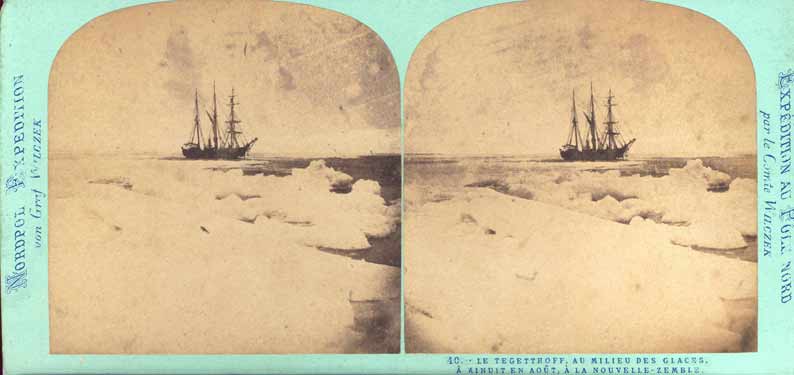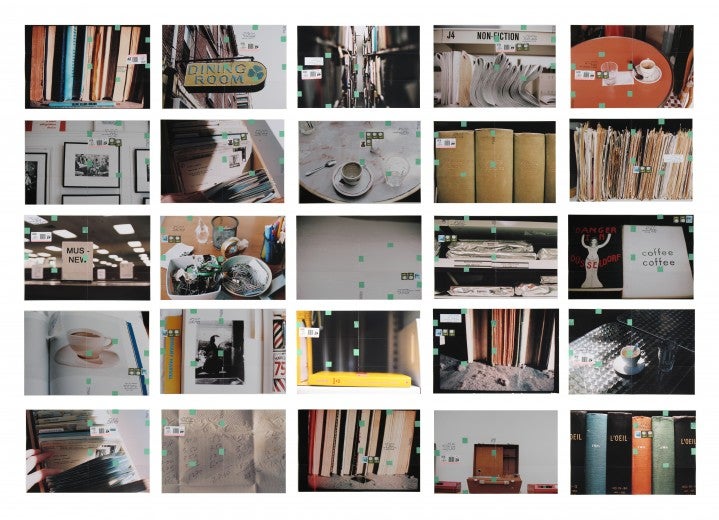“Four Voyages,” by Andrea Barrett
Sometimes, not often, I’ve found the writing of a story or a novel to resemble Nansen’s smooth and well-planned voyage. Sometimes I know, roughly, where I’m going; sometimes I can also guess the routes by which I might reach that destination. Usually, though, my experience has more closely resembled that of the hapless souls aboard the Tegetthoff.
“Four Voyages,” by Andrea Barrett Read More »
Sometimes, not often, I’ve found the writing of a story or a novel to resemble Nansen’s smooth and well-planned voyage. Sometimes I know, roughly, where I’m going; sometimes I can also guess the routes by which I might reach that destination. Usually, though, my experience has more closely resembled that of the hapless souls aboard the Tegetthoff.








